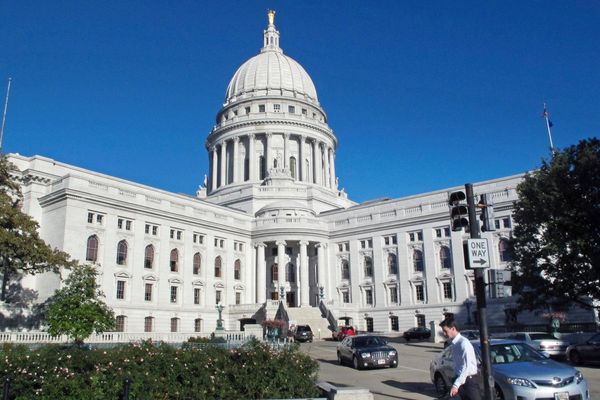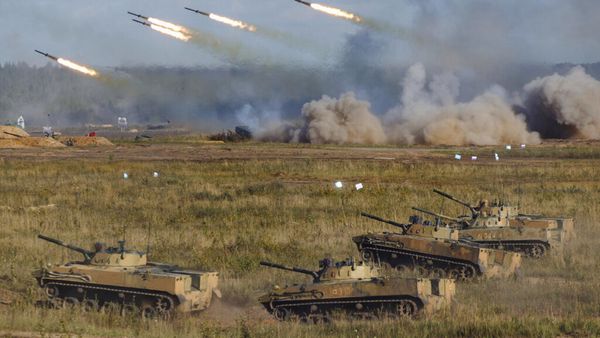
Wim Wenders, 96 mins, featuring Pope Francis
Wim Wenders’ absorbing if reverential documentary profile of Pope Francis gives viewers a far more intimate view of its subject than they will ever get from TV footage of papal rallies and services in the Vatican and around the world.
At the core of the film is a series of face to face interviews in which Francis speaks informally and frankly about everything from the “obscenity” of child poverty to climate change.
As if to underline his subject’s saintly credentials, Wenders includes grainy, black and white footage which looks as if it was made in the silent era (but which he shot himself) of St Francis of Assisi, whose name the Pope has taken. The filmmaker follows Pope Francis, fly on the wall style, as he travels the world, meeting his followers in prisons, favelas, refugee camps or addressing the American joint houses of congress.
This is far from being a critical portrait but it still makes fascinating viewing. The director skims over the Pope’s life before he came to the Papacy. We learn nothing of his childhood background or of how he dealt with the politicians and generals as a leader of the Catholic church in Argentina during a tumultuous period in the country’s history that saw dictatorship, “disappearances” and periods of economic turmoil. Wenders includes footage of one rally in Buenos Aires but otherwise leaves the past alone.
In the interviews, Francis emerges as a steely, thoughtful figure with surprisingly liberal views on many subjects. He speaks slowly in perfectly formed sentences as he tries to answer Wenders’ main question: “how should we live today?” His behaviour toward others is the same whether they are rich and powerful or poor and weak. He always looks them in the eye and listens.
He has a sense of humour, too, making jokes about mothers-in-law or the state of his digestion. At times, he appears startled by the pomp and ceremony surrounding the papal cavalcade wherever it goes. You could imagine Alastair Sim or Peter Sellers playing him in a comedy about an ordinary man elevated to a position of extreme power and influence. He likes to travel Mr Bean-style in a very humble car rather than an imposing limousine. He takes the side of the underdogs and will always find somebody whose feet he can wash.
The papacy as shown here is very different from the world of lavish ceremony, hierarchical manoeuvring and continual backbiting conspiracy shown in Pablo Sorrentino’s entertaining mini-series, The Young Pope. In one sequence, though, we do see the well heeled and well fed Cardinals shuffle uneasily as the Pope addresses them and rails against vanity and the trappings of wealth,
“Go and restore my house. It is falling into ruins,” St Francis heard God telling him when he embraced his life of poverty and devotion. Pope Francis, who takes his name, warns that unless the church reforms itself, it risks turning into a glorified NGO.
Pope Francis induces the same exhilaration and sense of rapture in the filmmaker as he does in the thousands of followers who queue up to touch him or film him with their mobile phones at their rallies. At times, Wenders depicts the Pope almost as if he is one of those angels looking in on the suffering of the world in his earlier movie, Wings Of Desire.
Like Al Gore in the Inconvenient Truth films, Pope Francis is always ready to remind his listeners that humans are destroying the environment. His economic message is clear too. If 20% of the world owe 80% of the world’s riches, it is not a model for any kind of social harmony.
Whatever reception A Man Of His Word receives on its initial cinema release, whatever the misgivings some audiences may have about Wenders’ softball approach, this film is bound to become a key resource for anyone analysing Pope Francis’ time as the leader of the Catholic Church. It’s as personal and revealing a portrait of a living Pope as has ever before been committed to screen.
A Man of His Word hits UK cinemas 10 August.







